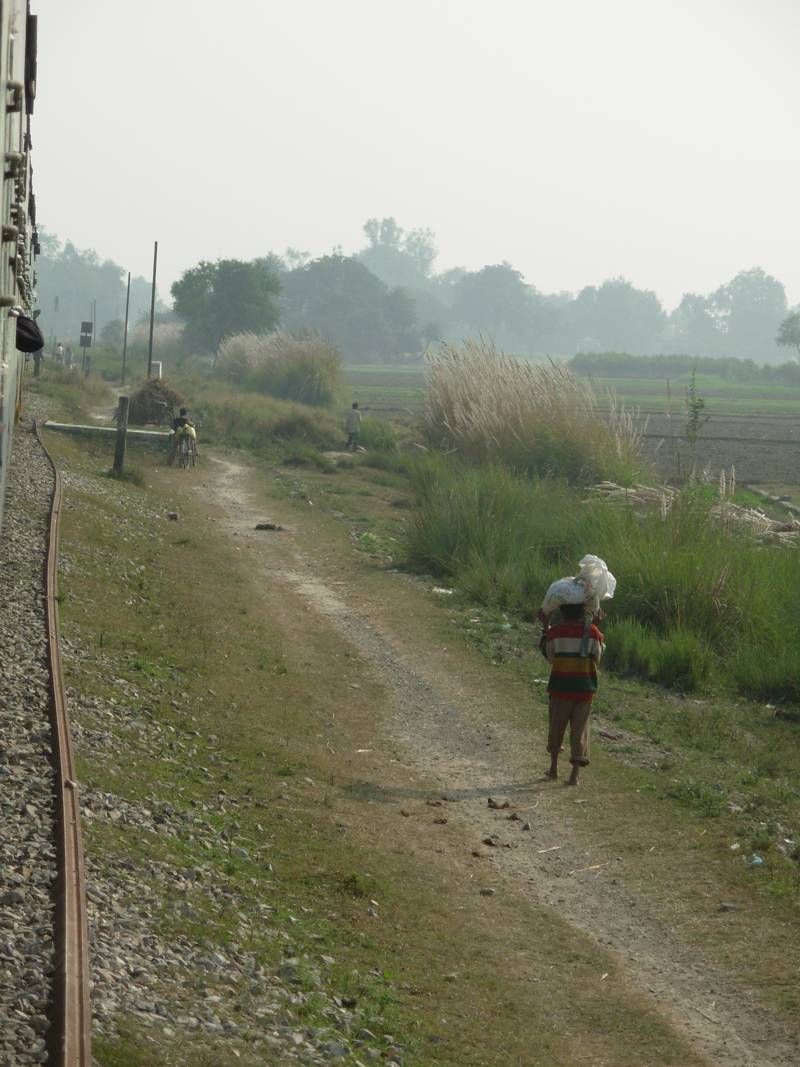
On April 19th, NORAGRIC/NMBU, the Norwegian Centre for Humanitarian Studies, and PRIO will host the third Humanitarian Studies Colloquium focusing on anthropology. The Humanitarian Studies Colloquium is a quarterly forum for scholarly discussion of methodological and thematic issues in the emergent field of humanitarian studies, taking place at PRIO. The Colloquium is organized in collaboration with the Humanitarianism Research Group at PRIO, and is open to invited participants. The disciplinary focuses of the first and second colloquiums were historical and socio-legal.
Background
The disciplinary focus of this third colloquium will be anthropology.
The participants will together explore why and how anthropologists have dealt with and contributed to shifting ideas of human suffering, emergencies, survival and rescue; the so-called “humanitarian space” and “beneficiary” agency; the social life of humanitarian aid; the role and relevance of humanitarian governance, risk and resilience; and the amalgam of humanitarian principles, moral imperatives, transparency and accountability initiatives, soft regulations and logistical and technological apparatuses governing the distribution or non-distribution of humanitarian aid.
While there has been a longstanding and substantial anthropological engagement with the evolution of the development field (bistandssektoren) and the role and practices of Norwegian governmental and civil society actors, limited academic attention has been given to the specific trajectories, organizational shifts and narratives of actors in the Norwegian humanitarian field (nødhjelpssektoren). Policy discourses and popular culture depict Norway as a “humanitarian superpower”, but have received little attention from anthropologists (in contrast to the adjacent fields of peacebuilding and forced migration).
This is a field where anthropology could be much more visible in offering public commentary and critique. In this colloquium we propose to explore the reasons for this knowledge gap through short presentations on the similarities and differences between academic engagements with the humanitarian and the development field. The colloquium will also undertake a collaborative mapping of the questions, problems and actors addressed in the fragmented ethnographic literature on the Norwegian humanitarian field.
Program
Chair: Kristoffer Lidén (PRIO)
- Kristin Bergtora Sandvik (PRIO/UiO): A “Norwegian” anthropology of humanitarianism?
- Cindy Horst (PRIO): The anthropology of forced displacement and refugee studies in Norway.
- Åshild Kolås (PRIO): The anthropology of development and aid in the Norwegian context.
- John Andrew McNeish (NMBU): Anthropological thinking on the “Norwegian do good project”.
- William Derman (NMBU): Anthropological engagements with human suffering: from evolutionism via human rights to humanitarianism.
Contact A manda Cellini (amacel@prio.org) with any questions.





